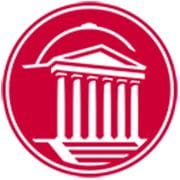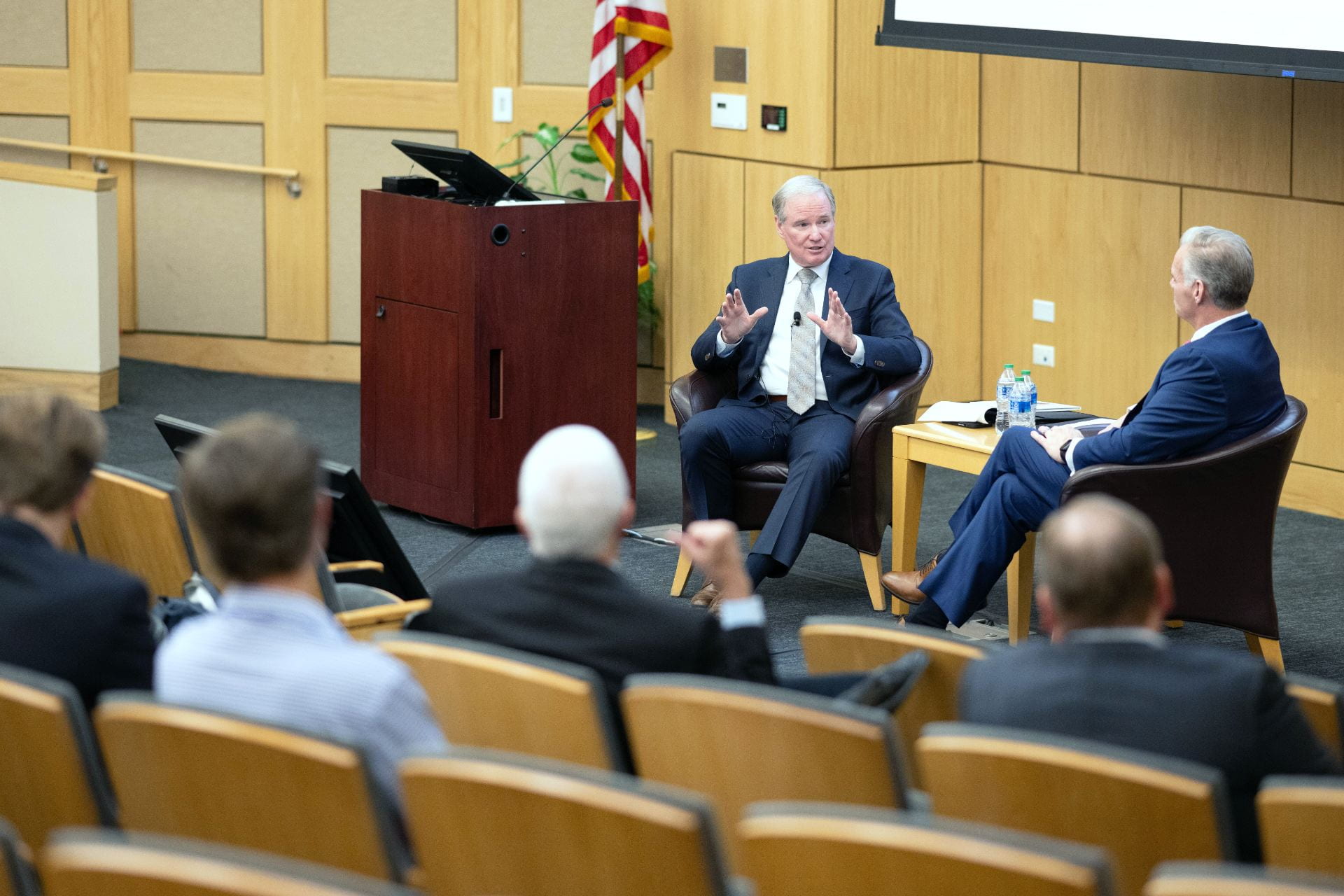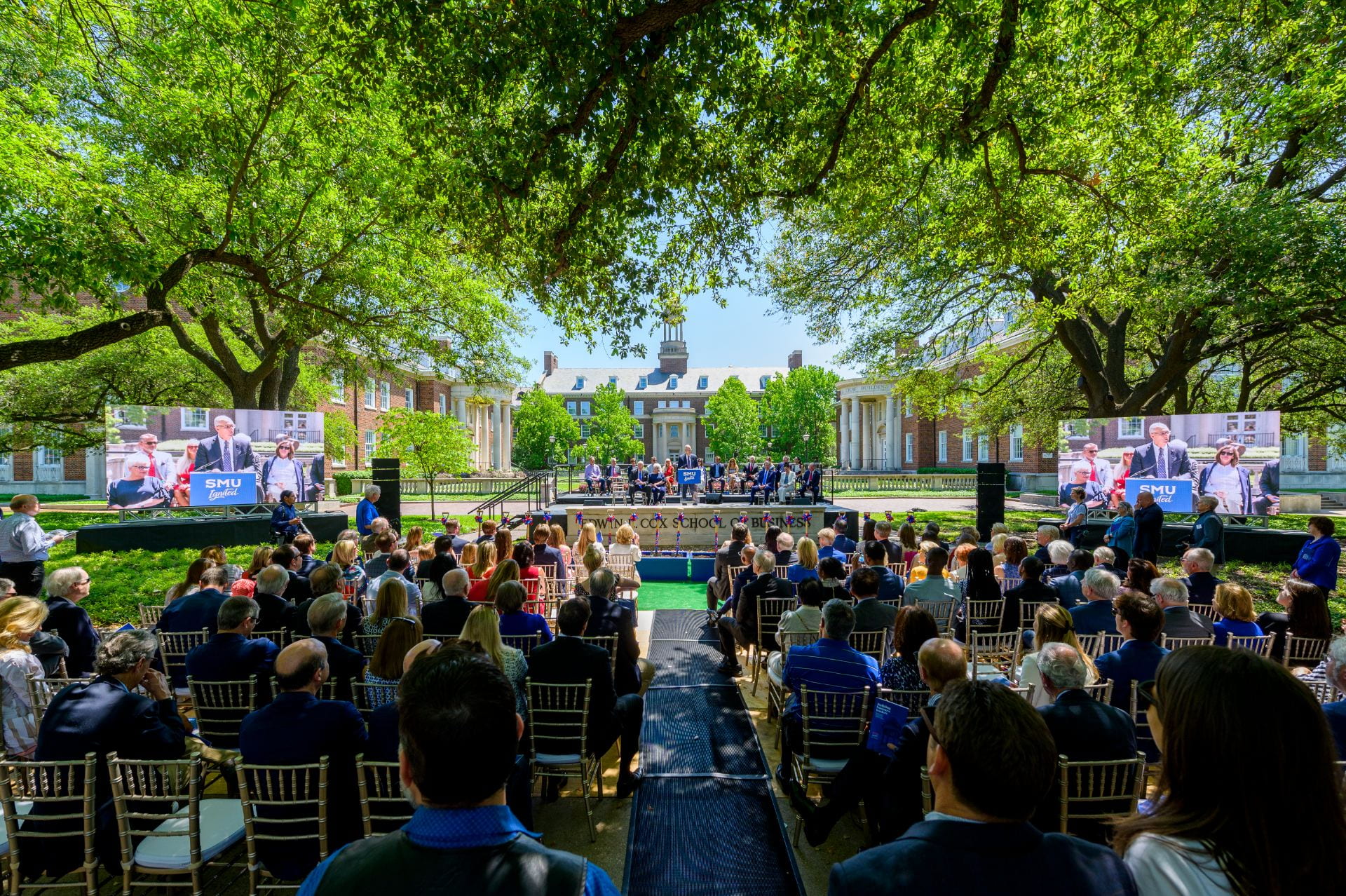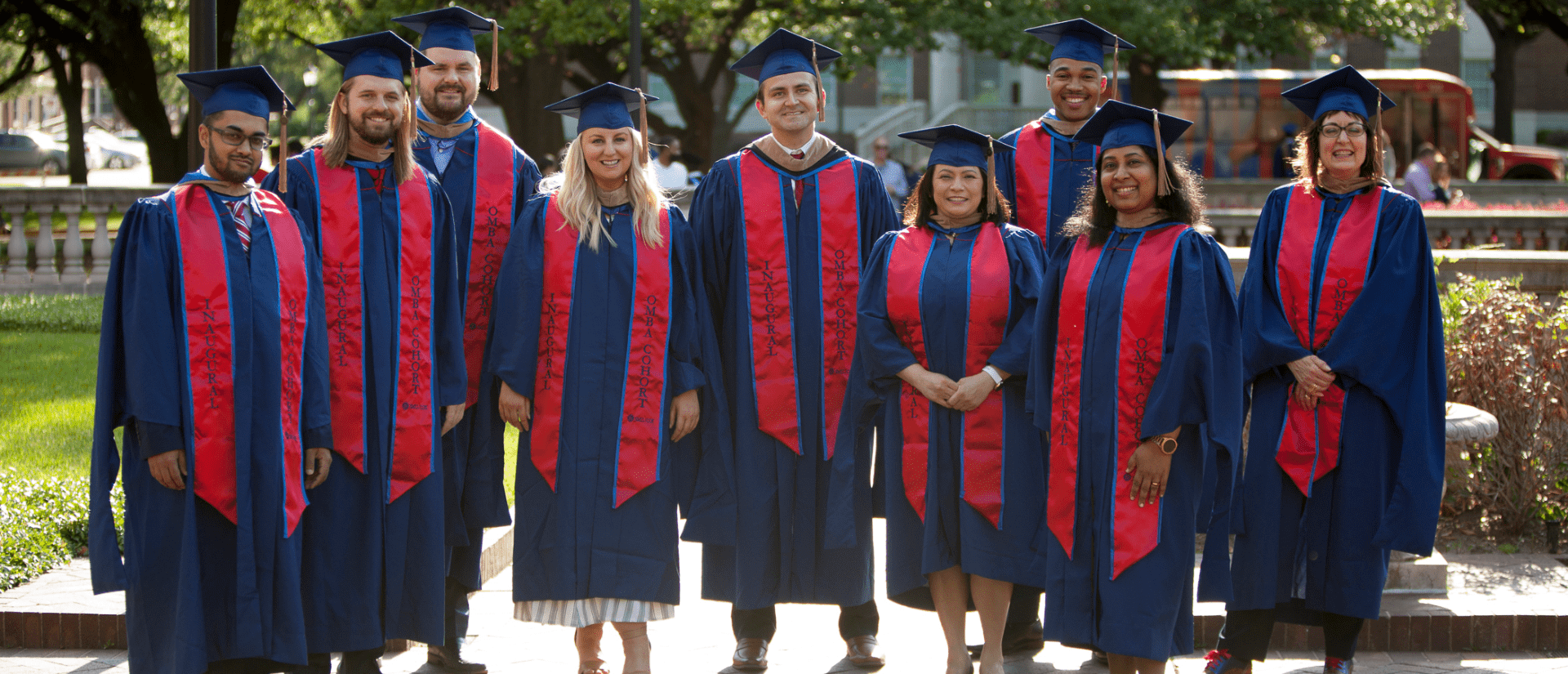In his sophomore year at Stonehill College, Al Niemi attended his first class in economics. Inspired, he read the works of influential classical economists like Adam Smith and David Ricardo and set his sights on becoming an economics professor. Niemi’s father was an entrepreneur with a penchant for small businesses, including a motel on Cape Cod and an auto dealership. At the dinner table, he heard about taxes being too high how labor unions were increasing costs, which forced businesses and working people to leave. Niemi recalls, “When I drove thru Fall River and New Bedford, Mass., I saw textile factories shuttered.” They were moving to North Carolina where operations were cheaper.
At age 25, after completing his doctorate at the University of Connecticut, Niemi received an offer from the University of Georgia. “Living in a stagnating economic area in my youth led me to focus on understanding why this was happening,” he recalls. “You could see the migration to the Sunbelt coming.” He was learning that the changing fortunes of an economic region had implications for education and the quality of universities, which would shape his academic life in Georgia and Texas. He wanted to be part of that change.
Heading South
As a professor and then the dean of the Terry College of Business, he wrote prolifically about Georgia’s economy as labor, business and opportunity shifted around in the United States. He also analyzed how free trade would create winners and losers, as economists knew, with the advent of the North American Free Trade Agreement: more firms were locating their businesses even further south and on to Mexico. At Terry, Dean Niemi established international exchange programs, among other significant advances, which he would later repeat and expand upon at the Cox School.
“Niemi learned that the changing fortunes of an economic region had implications for education and the quality of universities.”
Niemi appears to have a weather eye on the horizon when it comes to identifying the next economic wave. After 28 years in Georgia, in 1997 he landed at the SMU Cox School of Business, when Texas’ economic fortunes were rising. “Texas has become a great job generator,” says Niemi. Texas accounted for nearly one-quarter of the nation’s gross domestic product gains over the period from 2005 to 2015, reports an O’Neil Center for Global Markets and Freedom study. Job growth in the same period was 2.3 million jobs, triple that of California and 1.5 million more than New York. “Universities in Texas are on a great trajectory and Sunbelt schools are going to lead the next generation in America,” Niemi observes.
As an economic historian, Niemi believes capitalism is working. “Unfettered private enterprise or capitalism works by rewarding winners. But, it needs to work within the confines of the general public,” Niemi observes. “No country else in world has attempted anything close to the miracle of the United States, with its diversity among over 320-million people.” And Texas is one of the most economically and demographically diverse places in America.
“As an economic historian, Niemi believes capitalism is working. ‘Unfettered private enterprise or capitalism does not work. It needs to work within the confines of what’s good for the general public.'”
At the Cox School, Niemi further developed his perspectives about the Texas economy, the U.S. economy and the meaning of globalization. Witnessing first-hand the impact of economic migration and free trade in the Northeast and Georgia, he was perfectly suited for the many public discourses requested of him. As the leader of a top business school, Dean Niemi was often tapped by the Dallas Chamber of Commerce and local executives to help them determine the advanced training needed to navigate the 21st century economy. Niemi’s lifetime of economics in action has yielded a wellspring of knowledge leading to sound prediction and counsel.
Convergence, Opportunity and Freedom
“Everything converges in economics,” observes Niemi. “In the long term, we reach equilibrium.” He notes projections that the United States and China will converge toward per capita income equilibrium in 2040 or 2050, much sooner than projections he learned as a grad student. “This is good for global peace,” Niemi says. “Our interests are served in shared global prosperity. It’s not just about the jobs, but the geopolitics of stability and peace.” He mentioned that President Obama came around to embrace free trade with Asia through the Trans-Pacific Partnership, which was strategically in the best interests of the United States vis-à-vis China. “If you create embargoes or obstructions, you may get jobs back in Ohio but you will lose many more elsewhere.” Considering the larger picture of trade, jobs and economics, “the truth is somewhere in the middle,” Niemi suggests.

As a tribute to his lifetime of achievement, Southern Methodist University and its generous supporters established the Albert W. Niemi Center for Economic Growth and Leadership Development. Niemi will continue his work in economic thought leadership at the Center. There he will connect students with the foundations of American capitalism to advance solutions, create opportunities, and inspire those who may one day lead. The Center supports students in partnership with the George W. Bush Institute in areas such as women’s leadership, economic growth, energy policy and post-military service issues. A recent accomplishment he is particularly proud of is the comprehensive guidebook that three Cox MBAs developed for veterans re-entering the private sector workforce.
Freedom and free markets, the role of government and how capitalism creates opportunity are important topics to Niemi. “These are vital issues I touch upon in my classes,” he says. Importantly, Niemi grounds students with knowledge of the colonial period and the writing of the Constitution, a salient topic recently. “Our Constitution has met the test of time, so let’s not disregard it now,” he opines. Dean Niemi sees Africa as the next economic frontier, capturing the lion’s share of demographic growth in coming decades. At the Center, “Students will research a part of the world that will have a significant impact in their lifetimes,” he adds. The promise of capitalism and good governance, two of Niemi’s passions, are themes about which he is uniquely qualified to teach.

Across the spectrum — from theoretical beginnings to applied, real-world economics — Dean Niemi’s life work in economics symbolizes a calling that has been translated into meaningful expression. That expression has, in turn, informed and enlightened a great many lives of those fortunate enough to be part of the SMU Cox community.












